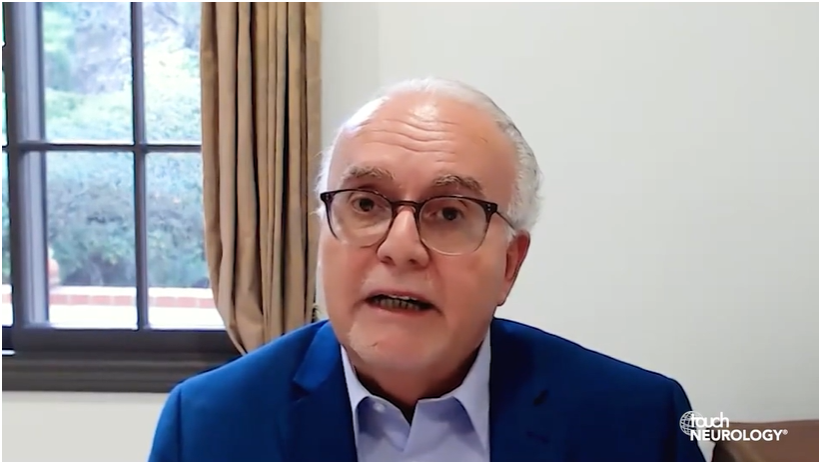Search Results
Showing Results for prognosis
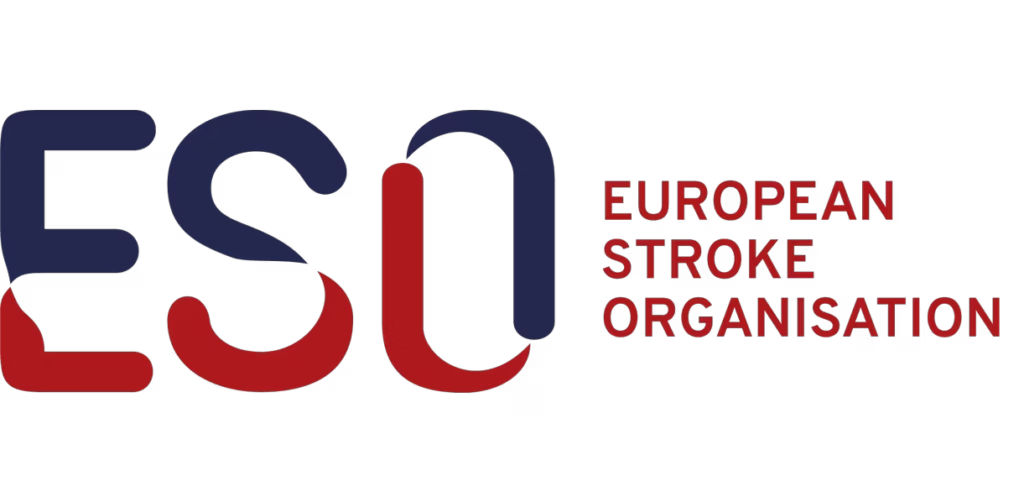
Prof. Simona Sacco outlines the European Stroke Organisation’s (ESO) strategic priorities to reduce disparities in stroke care across Europe. She discusses the transformative impact of the ESO East programme and the Stroke Action Plan for Europe (SAP-E), and also reflects on the increasing role of artificial intelligence (AI) in stroke diagnostics and treatment pathways.
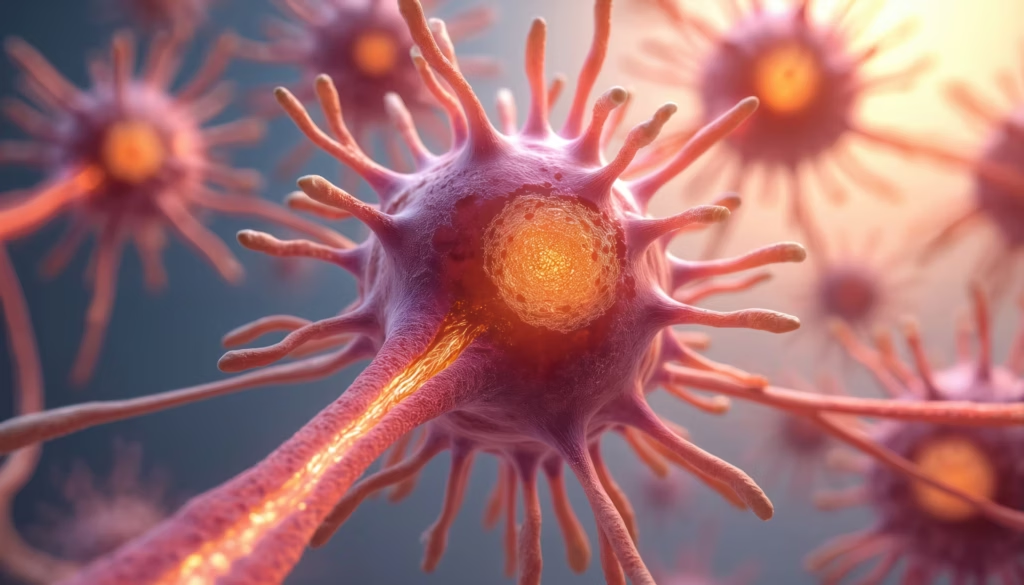
At EAN 2025, Prof. Moccia shared his perspective on the evolving multiple sclerosis McDonald criteria, the role of advanced imaging and fluid biomarkers, and the exciting innovations reshaping MS diagnosis and management.
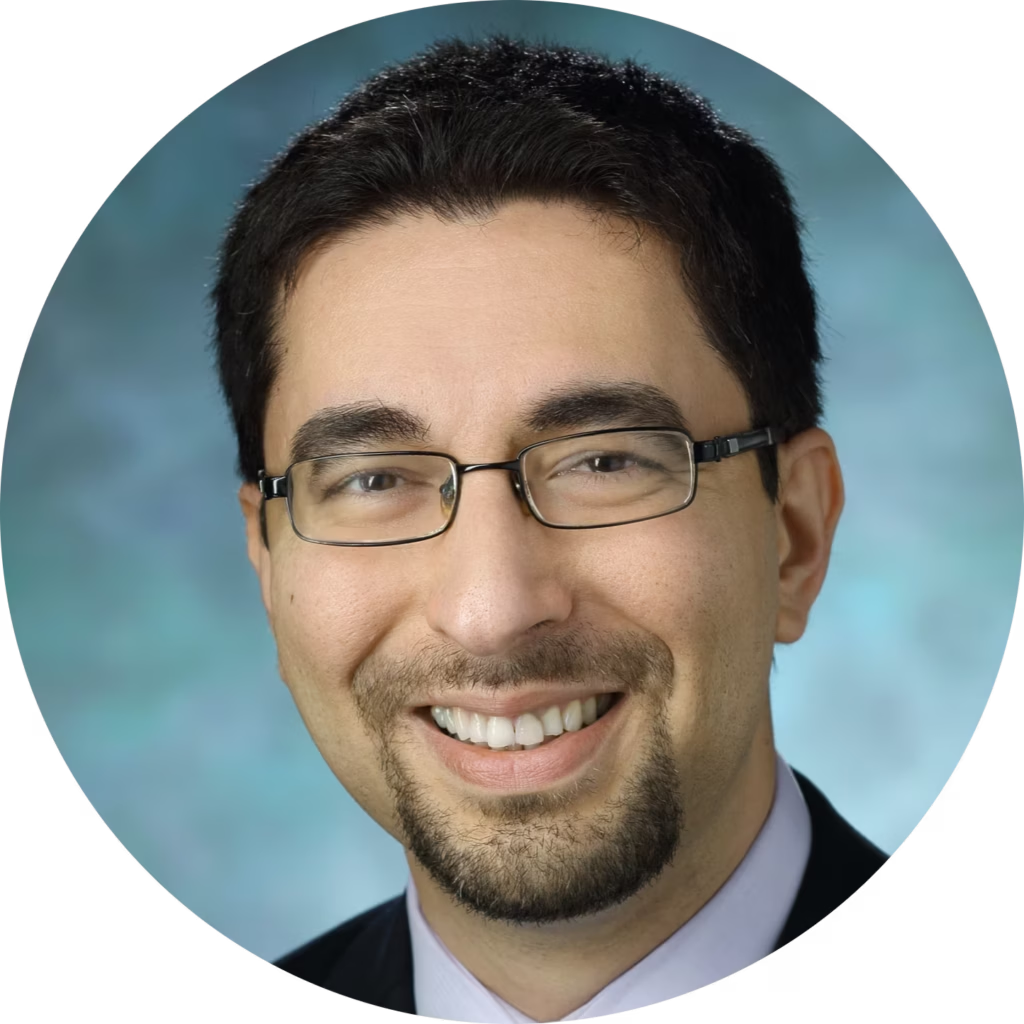
"this is a field where rigorous science can rapidly change lives" Dr Bardia Nourbakhsh, Associate Professor of Neurology, Johns Hopkins University, Baltimore, MD, USA, is a rising star whose work bridges rigorous clinical neurological research with compassionate, patient-centred care. ...

touchNEUROLOGY is delighted to congratulate Dr Amit Bar-Or of Penn Medicine on receiving the 2025 John Dystel Prize for Multiple Sclerosis Research, jointly awarded by the National Multiple Sclerosis Society (NMMS) and the American Academy of Neurology (AAN). This honour recognizes his groundbreaking work in neuroimmunology, precision medicine, and biomarker research in multiple sclerosis (MS).
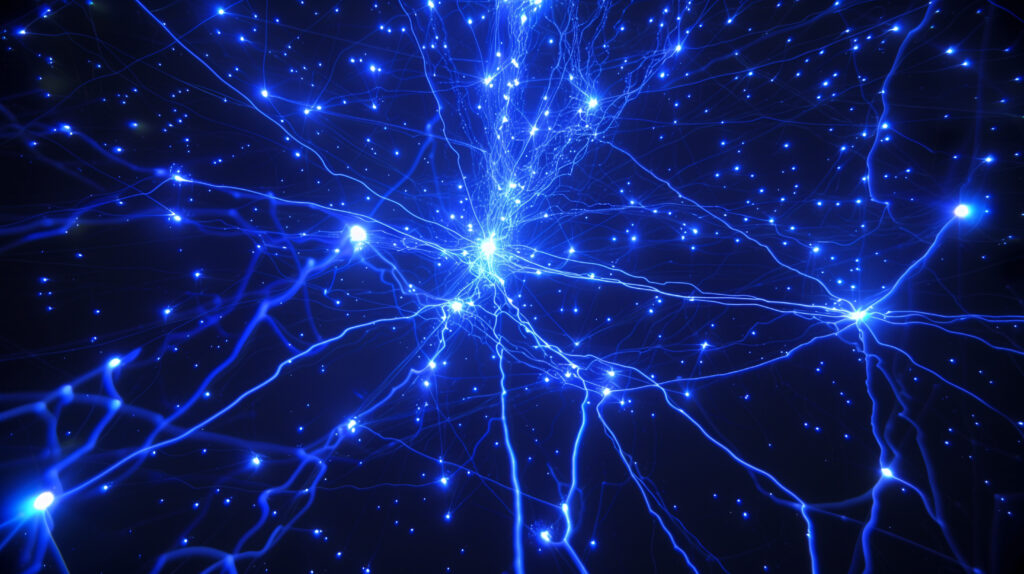
New 48-week data from the ongoing Phase 3 KINECT 4 study evaluating valbenazine for the treatment of tardive dyskinesia (TD) have been presented at the 2025 Psychiatry Update Conference in Chicago. The finding showed the majority of participants reached a defined threshold for remission of TD regardless of underlying psychiatric disorder.
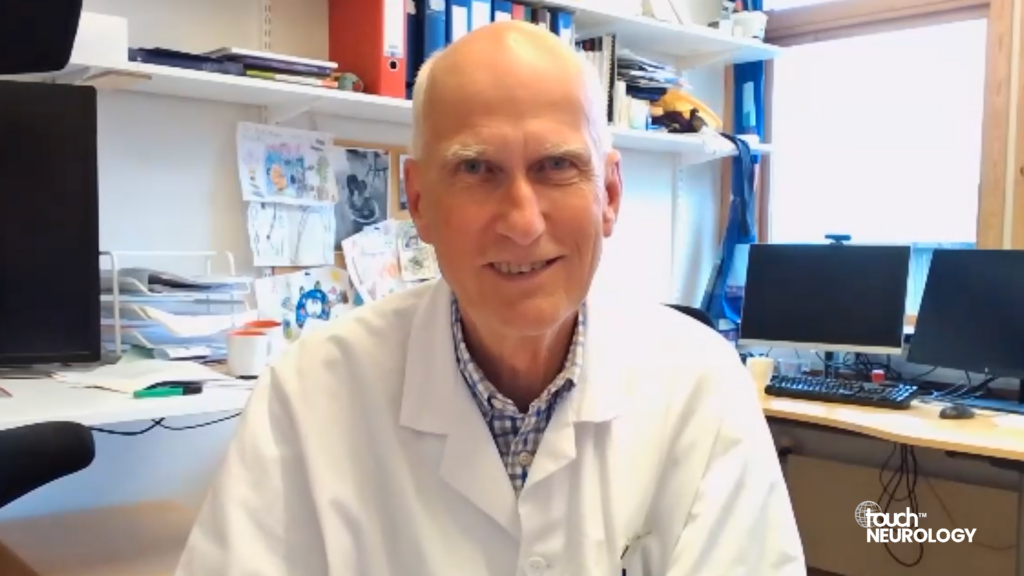
Myasthenia gravis (MG) is an autoimmune disorder where antibodies disrupt the neuromuscular junction, causing muscle weakness that worsens with activity. MG subgroups are based on muscle weakness location, age, antibody type, and thymus pathology, with some patients experiencing severe, treatment-resistant symptoms. Biomarkers can indicate prognosis. First-line treatments include pyridostigmine for symptomatic relief and immunosuppressants like prednisolone and azathioprine. Thymectomy is recommended for certain patients. Second-line treatments include mycophenolate, rituximab, and others, with new therapies like complement and FcRn inhibitors showing promise. Intravenous immunoglobulin and plasma exchange are used for acute exacerbations. Supportive therapy, including adapted exercise, is crucial. In refractory cases, comorbidities and diagnosis accuracy should be reconsidered.
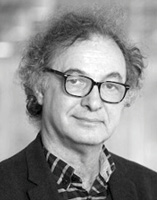
Welcome to the latest edition of touchREVIEWS in Neurology. We are excited to present a collection of articles that showcase the latest advancements and diverse perspectives in neurological research and treatment. This issue features insightful reviews and editorials from esteemed ...
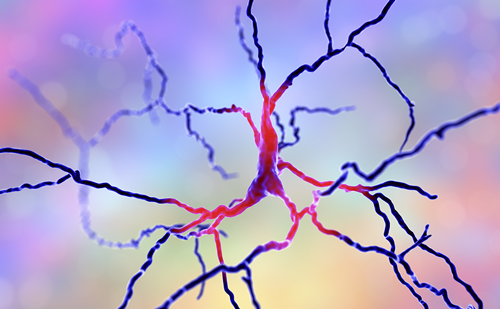
Neuromyelitis optica spectrum disorder (NMOSD) is a rare inflammatory autoimmune disease of the central nervous system (CNS) with a worldwide distribution.1 The first clinical description of NMOSD was made a century ago by Devic and Gault, who documented patients with ...
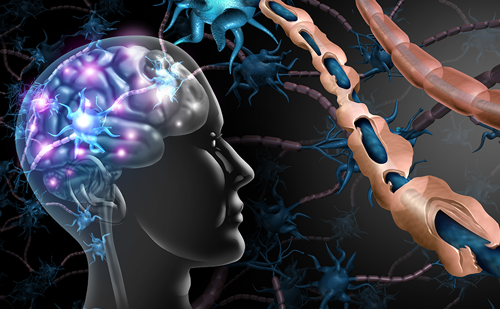
Introduction The term 'stroke' is used to describe an adverse clinical state involving interference of blood circulation to the brain due to obstruction or rupture of blood vessels.1 Stroke was previously categorized into a cardiovascular disorder until the release of ...
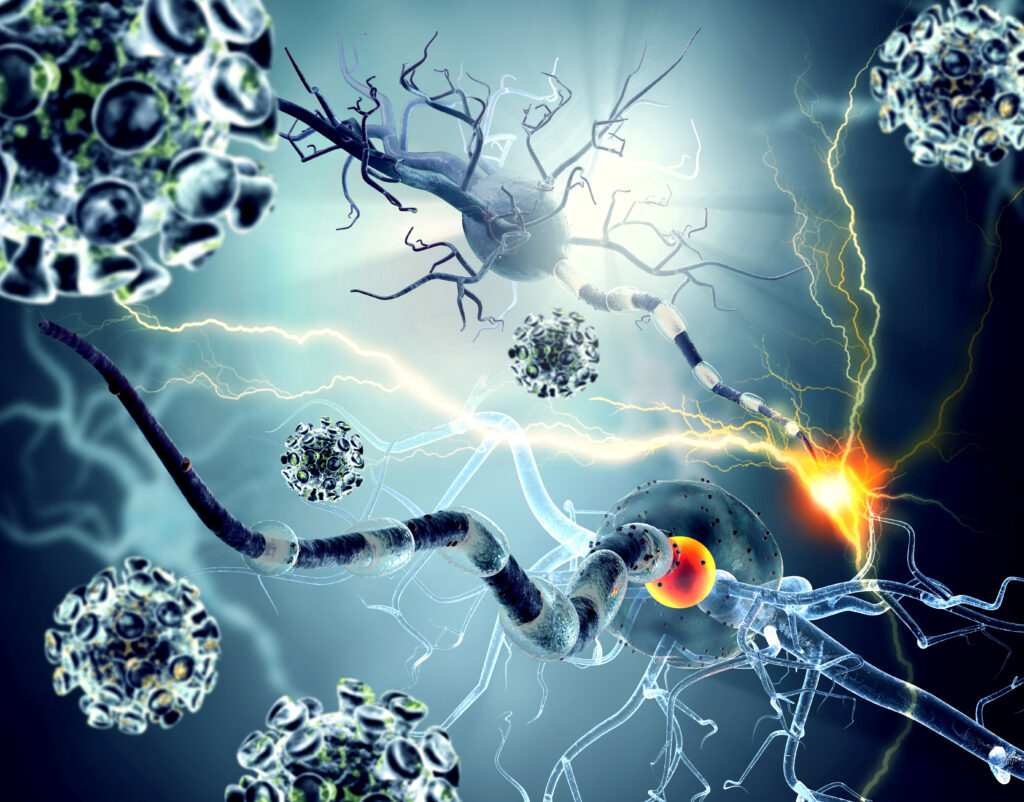
Multiple sclerosis (MS) is a complex disease that can pose significant challenges in diagnosis, monitoring and treatment. Over the years, the quest for more precise and accessible diagnostic tools has led to the exploration of different fluid biomarkers in cerebrospinal ...
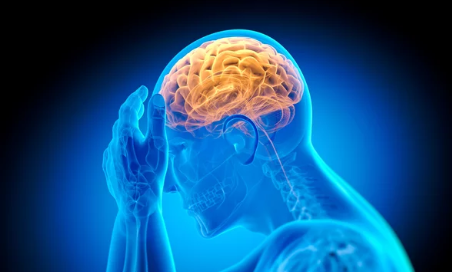
Case study Patient information A 42-year-old woman presented in the emergency department with acute onset whole-body myoclonic jerks for 1 day. On enquiry, the patient’s parents advised that she had a history of depression over the past 15 years. Intermittently, family ...

Acute disseminated encephalomyelitis (ADEM), first characterized in 1931,1 is a non-specific clinical syndrome of polyfocal central nervous system (CNS) inflammatory demyelination; it is characterized by encephalopathy and large, poorly demarcated cerebral white matter lesions.2,3 Myelin oligodendrocyte glycoprotein (MOG) antibody-associated disease (MOGAD), ...
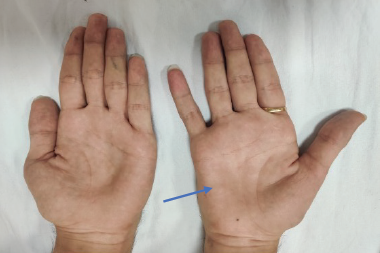
Hirayama disease (HD) is a lower motor neurologic disorder that manifests in young males in their early 20s, manifesting with gradually progressive weakness and wasting of C7-T1 innervated muscles. Dynamic magnetic resonance imaging (MRI) clinches the diagnosis, and treatment ...

Background for molecular-based therapy for spinal muscular atrophy Spinal muscular atrophy (SMA) is an autosomal recessive neuromuscular disease and the most common cause of infant death worldwide, with an incidence of 1:10,000 live births and carrier frequency of 1:50.1 This disease, caused ...

Posterior reversible encephalopathy syndrome (PRES) is a syndome characterized by a combination of clinical and radiological features.1–3 Its global incidence is unknown. It is underdiagnosed probably due to limited awareness. PRES presents with the rapid onset of neurological symptoms, such ...
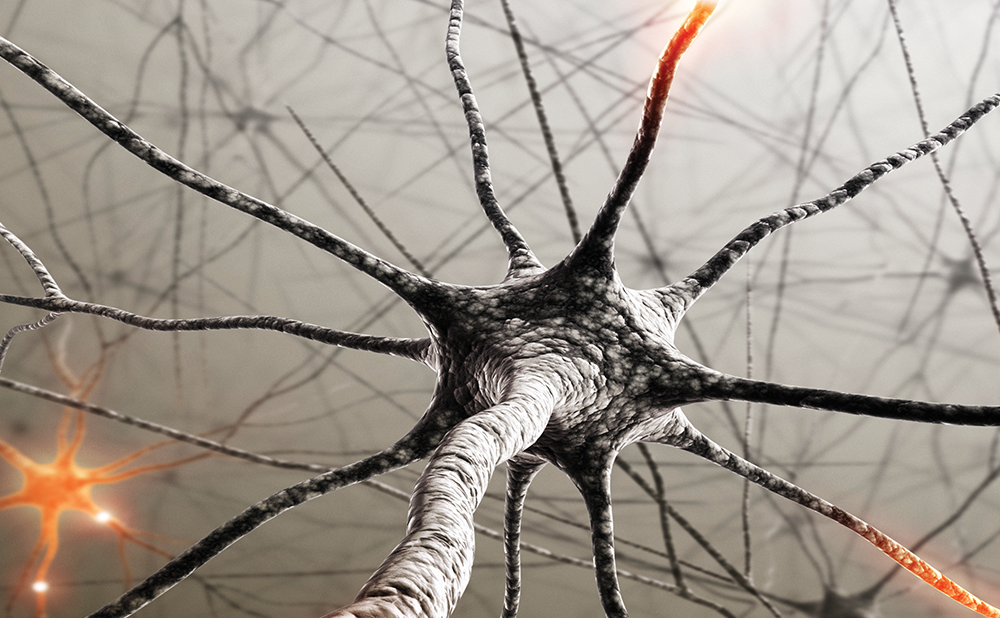
Infection of the central nervous system (CNS) due to cytomegalovirus (CMV) is rare, as it typically occurrs in immunocompromised patients and rarely affects those who are immunocompetent.1 Brain infection – manifested by meningoencephalitis – is much more common than infection of the ...
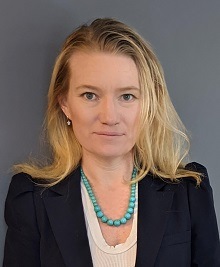
Dr Else Charlotte Sandset, ESO Secretary General and Consultant Neurologist at the Stroke Unit, Department of Neurology, Oslo University Hospital, Norway, provides an overview of some of the high-quality research and scientific advances the stroke community can look forward to at the 8th European Stroke Organisation Conference (ESOC 2022) in Lyon, France and online from 4–6 May 2022.
Latest articles videos and clinical updates - straight to your inbox
Log into your Touch Account
Earn and track your CME credits on the go, save articles for later, and follow the latest congress coverage.
Register now for FREE Access
Register for free to hear about the latest expert-led education, peer-reviewed articles, conference highlights, and innovative CME activities.
Sign up with an Email
Or use a Social Account.
This Functionality is for
Members Only
Explore the latest in medical education and stay current in your field. Create a free account to track your learning.


